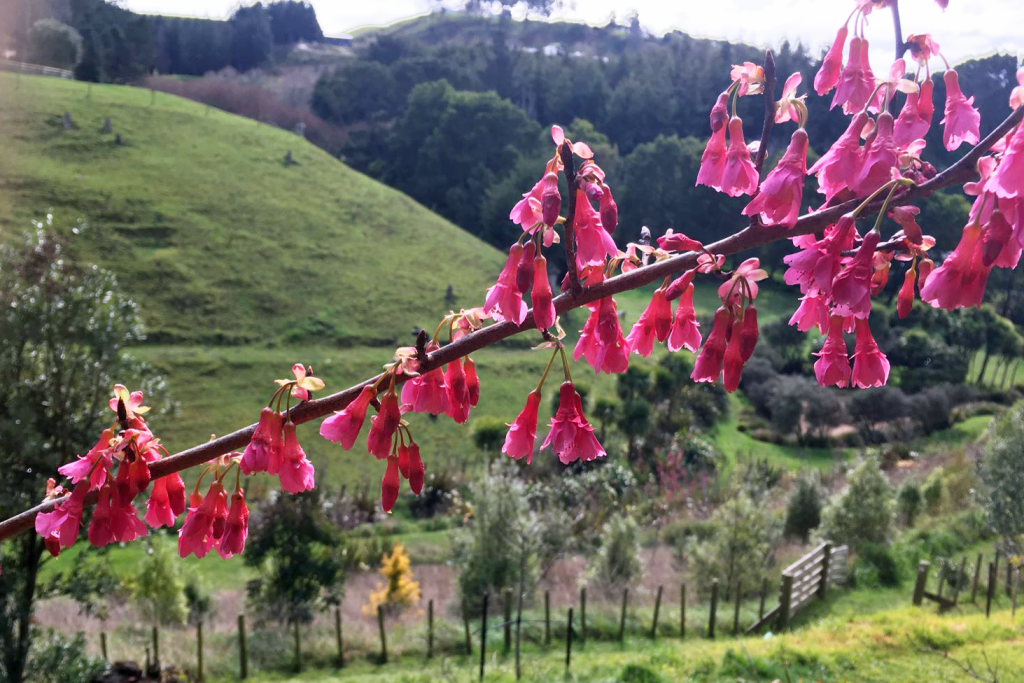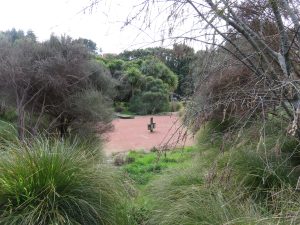
Sisters of Saint Joseph based in Whanganui, Aotearoa New Zealand, recently joined the community to express their concerns for how the water may be used in their community.
In the small city of Whanganui, Aotearoa New Zealand, a bottling company’s plans to extract aquifer water from an existing capped bore beside the old unused Milk Distribution Buildings has the community concerned.
The owner of the ‘plant’, and a local farmer both hold 25% of the shares. An anonymous international partner owns 50%. A local Māori is a director.
Horizons Regional Council gave the resource consent according to the 1960 understanding of the aquifer of that time. Independent, outsider Hearing Commissioners, despite most submissions against the consent, is going ahead. This caused a loud call for Action to Stop this Theft.
Whanganui hapū (sub-tribe), Tūpoho (ancestor), Chairman, and a small action group, called a meeting of the whole community in the War Memorial Centre. “It’s a chance for the whole community, for iwi (tribe) and hapū (sub-tribe), to have a say and find out what is going on.”
Sr Makareta Tawaroa rsj gave a rare opening address, outlining her deep concerns in two minutes. The floor, at full capacity, opened for thoughts and comments, given two minutes each. Sixty-two people stood and had their say, in moving and dramatic ways. There was a rare mix of Māori and Pakeha – ordinary folks, city councillors, youth, and children. We could hear the children playing outside in a moment of quiet.

“Water is our Taonga (treasure)!” “Do you buy bottled water off the shelf? If so, you are drinking another community’s stolen water.” “Imagine the water used in processing and selling water, Coco-Cola and other drinks in plastic bottles all over the planet!” “Our water, is for all, and is not for sale!”
The feeling in the hall was one of togetherness, speaking with one mind and one soul. “Ko Tahi Tanga” (One People).
After two hours, the packed venue listened as the chairperson summed up what he had heard. He called for another small Action Group, to plan and organise ways in which the community’s voice, the whole Whanganui Catchment, voice of the Awa (river and its tributaries) and it peoples, will continue to make itself heard by local authorities and multinational corporations.
I have a feeling that when humans appreciate the giftedness of the living earth, and all it bestows for our growth and wellbeing, another future is possible. A transformation of our minds, integrated with Earth, will mean a change of human action into new ways of living.
I am happy to report that Sisters of Saint Joseph of the Sacred Heart were there amongst the people thinking in terms of value and mutual enrichment, in the careful use of water, a sacred element shared by all.
Noelene Landrigan rsj
Aotearoa New Zealand
